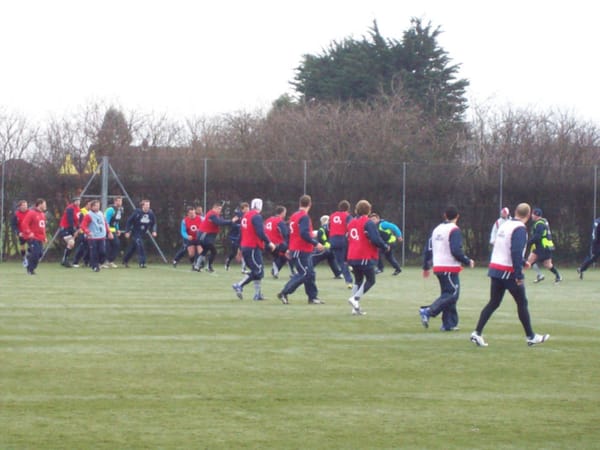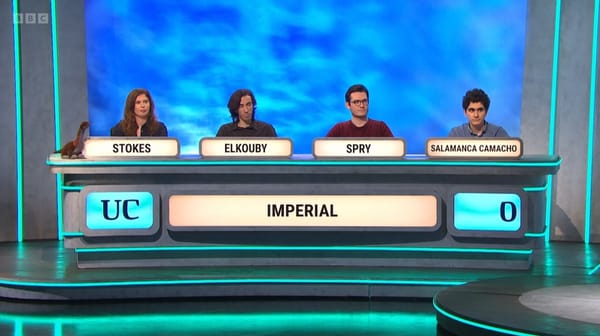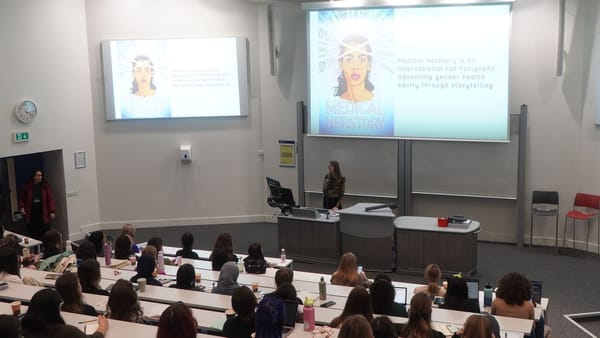Engineering a good course
Iacopo Russo discusses the benefits of taking part in the Engineers Without Borders Challenge where he solved a real life problem

When I found out that my team had made it to the finals of the Engineers Without Borders (EWB) Challenge I was of course really pleased to know that all of our effort was actually worth it. I feel really satisfied because I think that if they chose us out of the 50 teams in the UK and Ireland, this means the design portfolio and oral presentation we produced were valuable and we actually managed to apply our (engineering) skills to a real problem successfully.
I think there were mainly two good things about the Horizons course I took and the EWB Challenge in general: first, you get your hands on a real engineering problem and with the help of the data provided by EWB you have to come up with a solution that makes sense and takes into account all the variables of the real world; second, you get to think about the problems the world has from the perspective of the less fortunate, of the world’s poorest, who don’t even have safe houses or access to clean water, so you widen your point of view quite a lot and realise you can actually do something to change the situation.
This year, the challenge was to design an engineering solution for one of the many problems affecting a community in rural district of Vietnam, in the Mekong Delta. My team decided to focus on the “Housing and Infrastructure” design area: our objective was to improve the design of the houses and buildings this rural district so that they could provide a safe sheler for the families against the threat of rising sea water levels, pests and extreme weather events. During the eight weeks of the course, we learnt how to assess our strengths and weaknesses (in terms of knowledge, skills, interests), how to better define the question and how to choose the best solution among a few that we had come up with. The fact that we are now in the finals shows that we probably managed to do this pretty well!
The course was very well designed (especially if you consider it was the first time it had been run), and I think Elizabeth [the member of staff at Imperial Horizons] did a very good job in matching the assessment criteria for the Horizons course to those for the national competition. This course was actually special, in that it was both organised by Imperial (and so the final mark we got will go on our transcript, I think) and by EWB. We didn’t have to do more work when submitting the design portfolio and the oral presentation to the competition because, as I said, the “marking scheme” was the same.
I would recommend this course to next year’s first year students, as it gives you an insight into what they call the global dimension: it helps putting your course and the things you study in the right perspective, thinking about what the real problems that the world faces today are and what we can do about it. I also very much liked the fact that the cultural and social side of the issue was highly stressed: we learnt that for a design solution to be accepted, it must be consistent with the cultural and social characteristics of the community you are implementing it in. When you are dealing with communities whose culture is very different from the Western, this requirement becomes especially stringent. I guess this is the reason why the whole programme is called “Horizons Global Challenges”: it forces us to widen our perspective to include multiple points of view, because only in this way we can understand each other even if we are from different parts of the globe and work together to solve those problems that can be solved only by a communal effort (see Climate Change, Global Poverty).
So yeah, the finals are now a very good opportunity for us to find out how other teams from the UK have approached the issue and maybe learn something new about how we could improve the way we have approached it. It will also be a good opportunity for us to confirm that coming from a good engineering university means that we can actually be quite good at solving engineering problems (in fact, we have three teams in the finals...)






